In recent years, the Indo-Pacific region has witnessed major turbulence, with different actors contesting who has claims over what. These contests have also raised concerns over a looming crisis in the region.
On Wednesday, Admiral Samuel Paparo, Joint Commander of US Indo-Pacific Command sat down with Harsh V. Pant, Vice President of the Observer Research Foundation (ORF) on Firstpost IdeasPod to discuss the challenges the region has to offer and throw light on the preparedness of US and its allies to deal with these issues. The conversation took place on the sidelines of Raisina Dialogue 2025.
When asked about what are the key challenges he foresees in the Indo-Pacific region, Admiral Paparo first explained why these challenges have increased in recent years. The American joint commander told Firstpost IdeasPod that the new challenges have increased because in the last 25 years “the global economy has grown about fourfold but the amount of maritime traffic has grown tenfold.”
“So you see the impact of maritime traffic on the global economy and the very high leverage that it has. And here among these very challenges you see the challenges to the norms within this space and those challenges to the norms involve excessive claims. Claims beyond the United Nations conventions of the law of the sea,” he said.
He noted that growth capability in the Indo-Pacific region and within China in the last 25 years has been extremely rapid. He also mentioned that China’s growth in air missile maritime capability and within their space capability has been “hundredfold,” adding that there has been an increasing presence of Russia’s fleet in the Indo-Pacific region.
“From the Indian Ocean to the Pacific Ocean this encompasses 80 per cent of the world’s population and probably 80 per cent of the world’s economy and is the cockpit of the world’s economy and growth. So these thus are the challenges that face us,” the admiral averred.
Are American policies becoming more inward-oriented?
When asked if the American policies in the Indo-Pacific region becoming more inward-oriented, Admiral Paparo had a different take on the matter. “Well first I’ll stress the incoming secretary’s guidance to the force is concerned with the warrior ethos, rebuilding and accelerating the capability of the force, reforming the defence acquisition system to make it more responsive to growing technology, focussing on the Indo-Pacific allies and partners. And so each one of those would seem to actually be the inverse of what you said,” Admiral Paparo explained.
He said that US partners are focused on “linking arms together to face the threats.” “The Indo-Pacific becomes a centre of gravity it doesn’t mean that other states matter less. It just means that since the end of the Second World War, 60 per cent of the world has been lifted out of poverty. And that 60 per cent of the world that’s been lifted out of poverty is here in the Indo-Pacific,” he explained.
“This is how the centre of gravity here has shifted. And with that shift has also become a lift in the military capability and some intentions and thus it bears our attention,” he added.
China & the likelihood of realtime crisis
During the conversation with Firstpost, Admiral Paparo also gave his assessment of flash points signalling dangers in the Indo-Pacific region and the likelihood of a real-time crisis. “l I’ve been assigned to worry about crises as you probably guessed. So yes we are concerned.” He mentioned that the crises in Europe and the Middle East maritime space requires and “immediate duty” to deal with them.
However, the admiral mentioned that these crisis offers lessons and one has to learn and apply them. “When the crises and the conflicts in Europe and the crises and the conflicts in the Middle East deplete our magazines it means that we’ve got to work harder to refill our magazines. And this is where reforming our defence acquisition systems and making it more responsive and making it faster is what the Secretary is focused on,” he said.
When asked about China’s assertiveness in the region and how it looks at the idea of Indo-Pacific as a “containment idea”, Admiral Paparo rejected the assertion and questioned the Chinese notion. “There are 29,000 US troops in Korea. At the height 25-30 years ago there were 60,000. There are zero US troops stationed in the Philippines, 30 years ago there were 13,000 troops in the Philippines and yet there’s this new narrative of containment,” he said. Admiral pointed out how it was the US which championed China’s entry to the World Trade Organisation (WTO) and eventually opened doors for trading.
“Now all of a sudden there’s this issue of containment. Maybe the new issue is one of expansion and if you are expanding maybe you view it as containment but all the behaviours of the United States in all of these years have been ones of embracing,” he maintained.
Expectations from allies or mutual obligation?
When asked what are the expectations the US have with its allies in the Indo-Pacific region. Admiral Paparo told Firstpost that it is not about mutual expectation, but it is about mutual obligation. “Since the end of the Second World War and in fact throughout the Second World War, the United States has never entered into an operation without allies and partners. This narrative is that the United States was the guarantor of the rules, but the United States was never the guarantor of the rules. The rules long predated the United States of America, the principles of sovereignty and freedom of navigation,” he explained.
“We don’t call them expectations. We call them mutual obligations as we have in mutual defence treaties. When you have an alliance and a partnership like you have in a friendship, you have mutual obligations to one another. You don’t place demands or place expectations on one another too. You link arms as you do in a friendship and you do your part,” he furthered.
When asked about India-US partnership in the maritime space, Admiral Paparo admitted that India is on a growth trajectory. He noted that while New Delhi treasures its non-alignment policy, its values and interests are inclining towards Washington.
“You see this in the quad, in our diplomatic programmes and then you also separately see this in our exercise programmes, in our Tiger Triumph programmes, a humanitarian assistance disaster relief, in our maritime programmes, in our security cooperation programmes, even in some of our land exercises together and over the next generation, I think you’ll continue to see that an upward trajectory as India continues to take a leadership role among the market democracies and United States and India will see its relationship enrich,” he concluded.


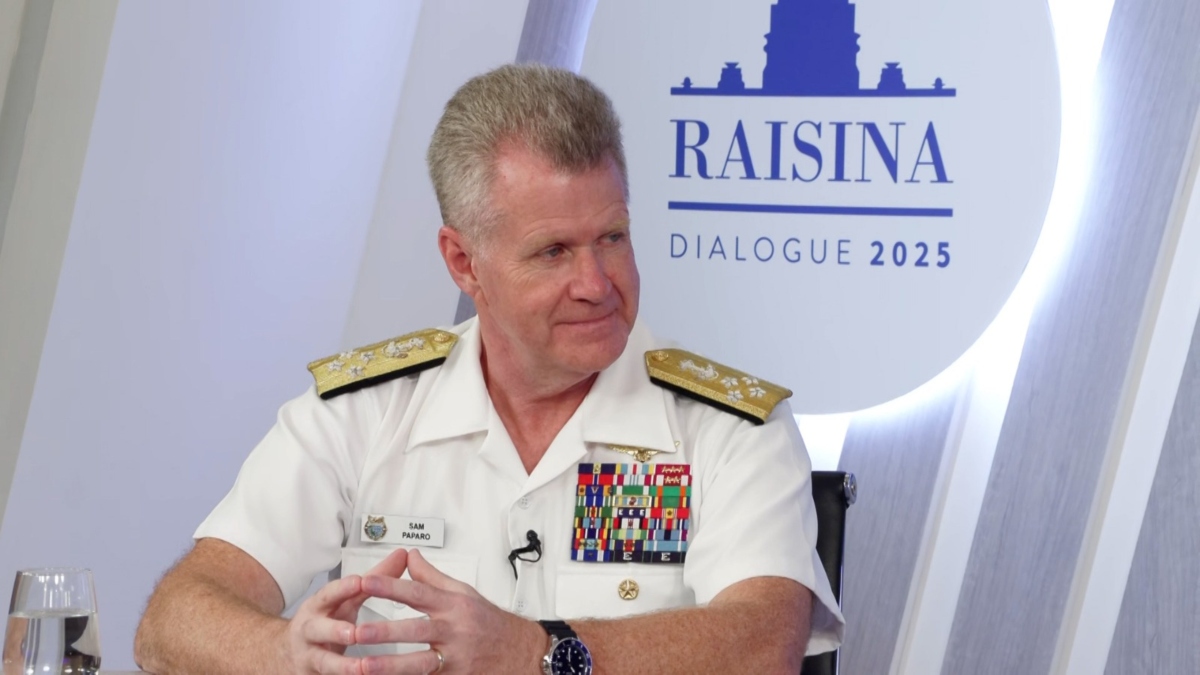)
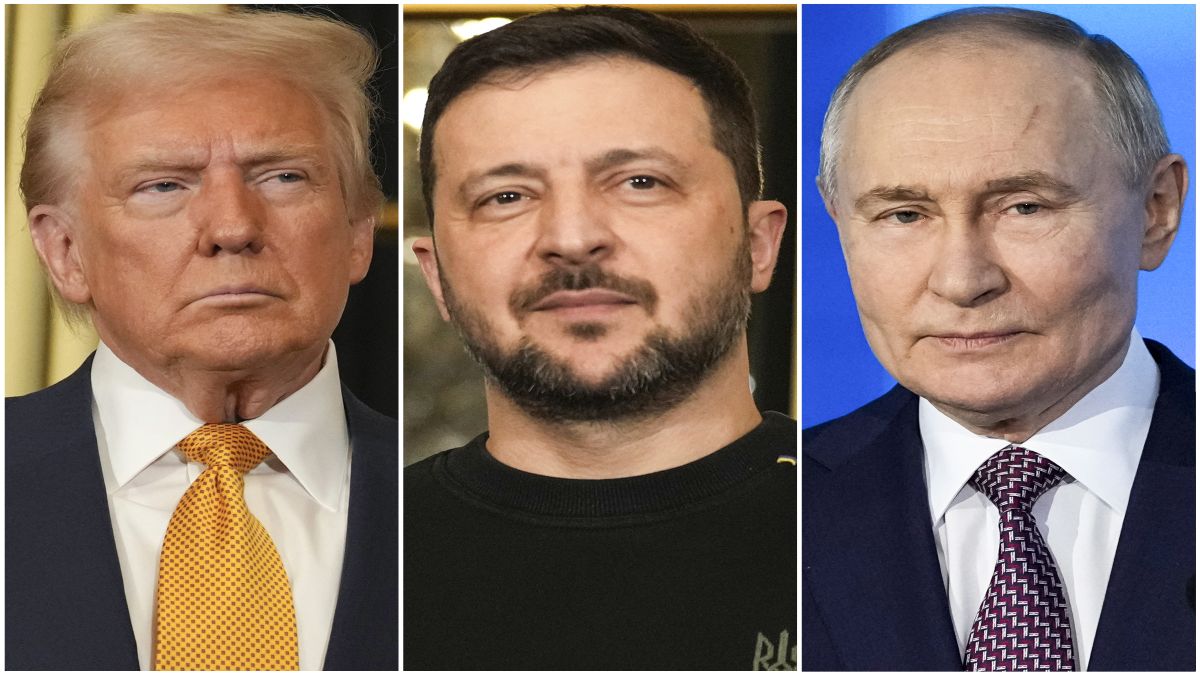)
)
)
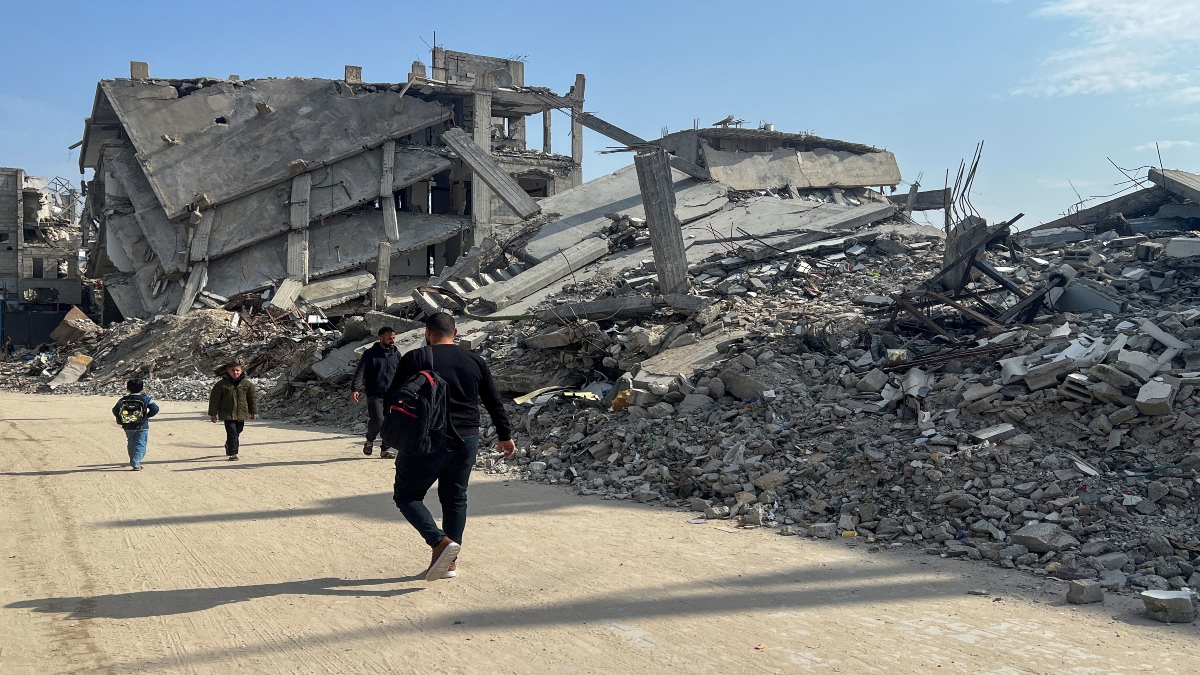)
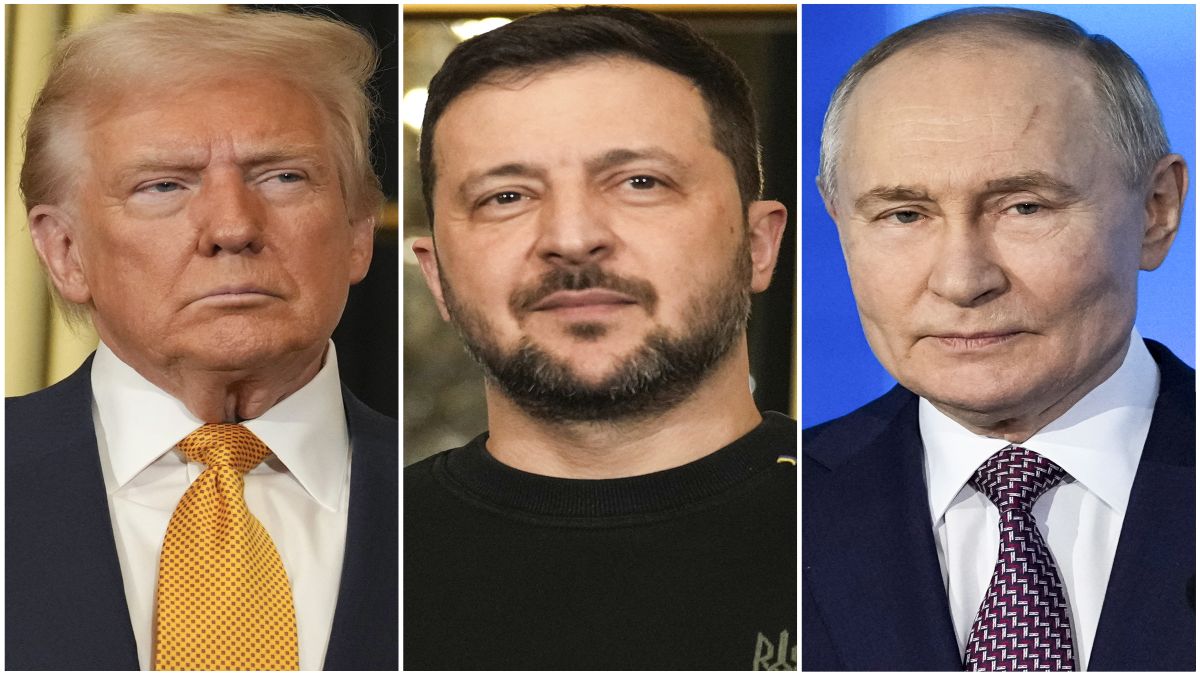)
)
)
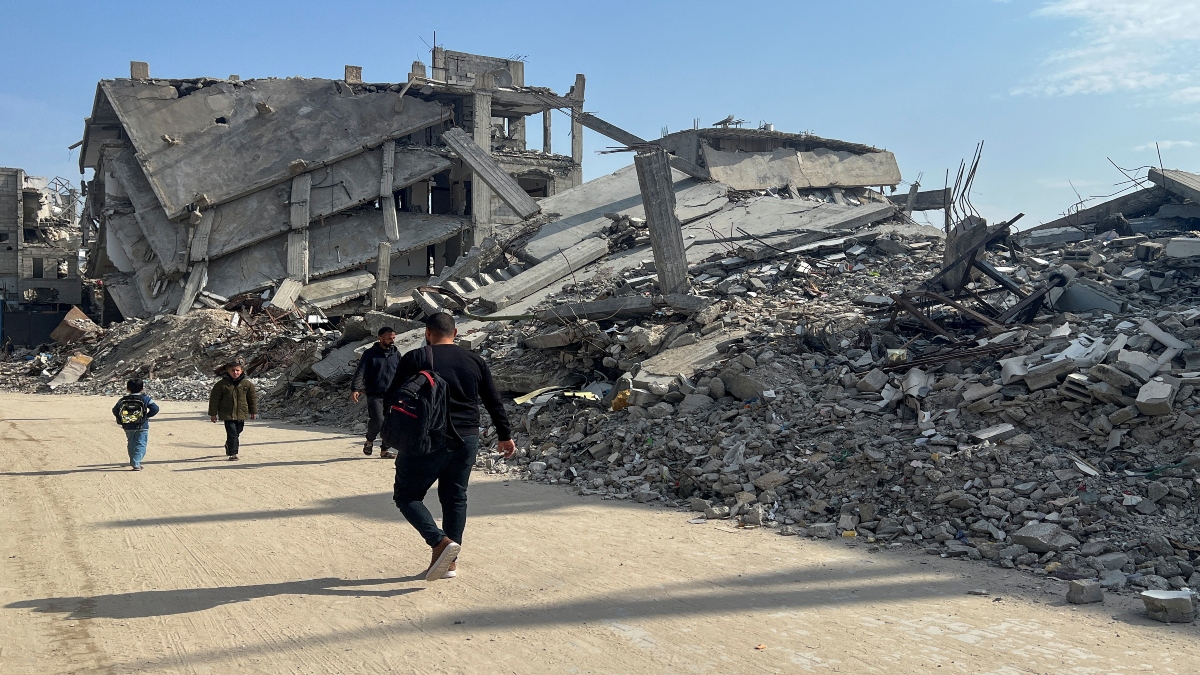)



